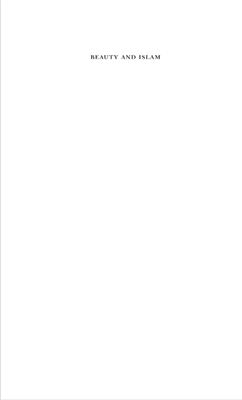I.B. Tauris, 2001. - 160 Pages.
Five essays explore aspects of aesthetics in classical Islamic thought in light of contemporary theories, offering new perspectives on Islamic with examples ranging from the Qur'an and the Alhambra to the works of present day artists and philosophers. Tracing the roots of Islamic aesthetics back to the works of the philosophers of the Middle Ages such as Avicenna and Averroes, Valerie Gonzalez finds that aesthetic theory in Islam must be seen within the much wider context of parallel thinking on theology, ethics, physics, and metaphysics. She balances her analysis of this philosophy (moral, logical, and scientific) of beauty with the equally important analysis of the perceptual experience of beauty.
Five essays explore aspects of aesthetics in classical Islamic thought in light of contemporary theories, offering new perspectives on Islamic with examples ranging from the Qur'an and the Alhambra to the works of present day artists and philosophers. Tracing the roots of Islamic aesthetics back to the works of the philosophers of the Middle Ages such as Avicenna and Averroes, Valerie Gonzalez finds that aesthetic theory in Islam must be seen within the much wider context of parallel thinking on theology, ethics, physics, and metaphysics. She balances her analysis of this philosophy (moral, logical, and scientific) of beauty with the equally important analysis of the perceptual experience of beauty.

